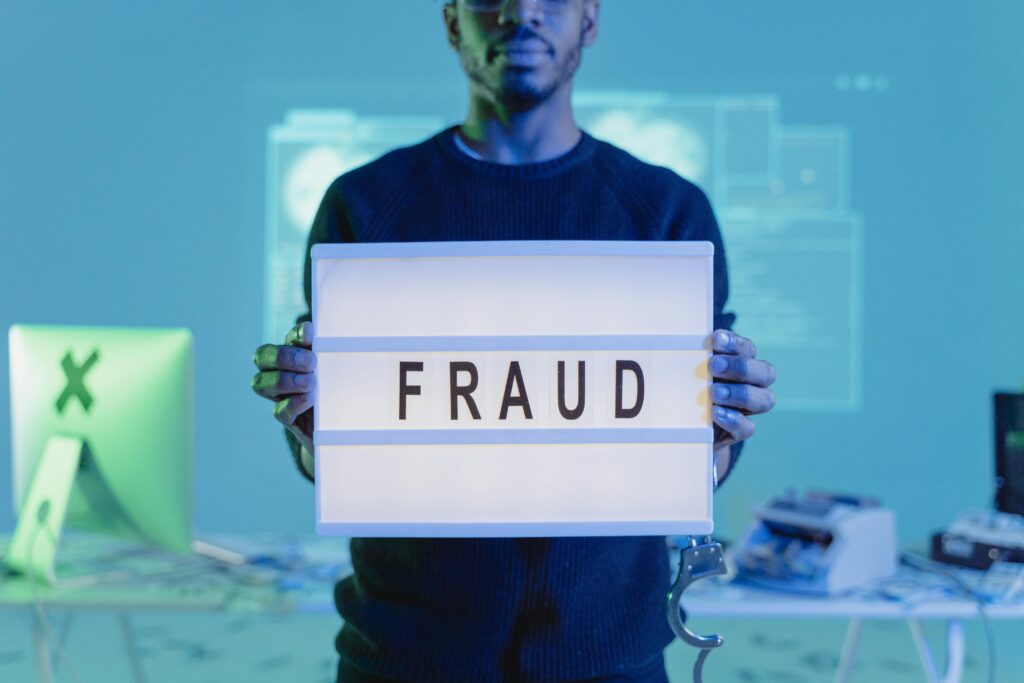In the ever-evolving landscape of digital assets, Non-Fungible Tokens (NFTs) have emerged as a revolutionary technology, transforming how we perceive ownership of digital content. From digital art to virtual real estate, the NFT market has seen exponential growth, attracting investors, artists, and collectors worldwide. However, with the rapid rise in popularity comes the lurking threat of scams and frauds that can leave unsuspecting individuals vulnerable to financial loss and disappointment. In this digital age, safeguarding yourself against NFT scams is paramount. Let’s delve into the world of NFTs and explore how you can protect yourself in this dynamic digital marketplace.
Understanding NFTs:
NFTs are unique digital assets that represent ownership or proof of authenticity of a specific item or piece of content using blockchain technology. Unlike cryptocurrencies such as Bitcoin or Ethereum, each NFT has distinct characteristics, making it one-of-a-kind and not interchangeable. This uniqueness is what gives NFTs their value, often attracting high prices in the market.
Common NFT Scams:
Counterfeit NFTs: One of the most prevalent scams involves selling counterfeit or plagiarized NFTs. Scammers may duplicate digital artwork or other content and sell it as original NFTs, deceiving buyers into purchasing worthless or stolen assets.
Fake Marketplaces: Fraudulent NFT marketplaces may mimic legitimate platforms, tricking users into uploading their digital assets or making purchases. Once funds are transferred, scammers disappear with the money, leaving victims with nothing in return.
Pump and Dump Schemes: In this scheme, scammers artificially inflate the value of certain NFTs by spreading hype and false information. Once the price reaches a peak, they sell their holdings, causing the value to plummet and leaving investors at a loss.
Phishing Scams: Phishing attempts target individuals through fake emails, messages, or websites, tricking them into revealing their wallet credentials or private keys. Scammers then gain access to their digital wallets and steal their NFTs or cryptocurrencies.
Tips to Protect Yourself:
Research Extensively: Before buying or investing in an NFT, research the project, the creators, and the marketplace thoroughly. Verify the authenticity of the NFT and ensure it aligns with your investment goals.
Use Reputable Platforms: Stick to well-known and reputable NFT marketplaces with a track record of security and authenticity. Be cautious of newly launched platforms and do your due diligence before participating.
Verify Authenticity: Look for verification symbols or certificates of authenticity provided by creators or platforms. Check for the creator’s reputation and history of their work in the NFT community.
Beware of Unrealistic Promises: Be skeptical of promises of guaranteed returns or get-rich-quick schemes associated with certain NFTs. Remember, investing in NFTs carries risks, and there are no guarantees.
Secure Your Wallet: Keep your digital wallet secure with strong, unique passwords and enable two-factor authentication whenever possible. Be cautious of sharing your wallet information online.
Stay Informed: Keep yourself updated with the latest news and developments in the NFT space. Being informed can help you identify potential scams or fraudulent activities early on.
Final Thoughts:
While NFTs offer exciting opportunities in the digital realm, they also present risks that every participant should be aware of. By staying vigilant, conducting thorough research, and following best practices, you can minimize the risk of falling victim to NFT scams and frauds. Remember, protecting yourself in the digital marketplace is paramount to enjoying the benefits that NFTs offer without the fear of being scammed. Stay cautious, stay informed, and enjoy the world of NFTs responsibly.







